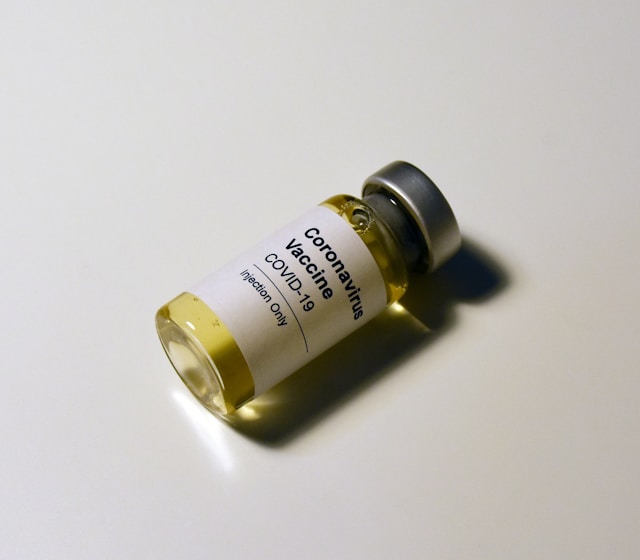- Scientists Develop a "Proactive" COVID Vaccine: Researchers are working on a vaccine that could fight strains of the SARS-CoV-2 virus, including those that have not yet emerged.
- Innovative Technology: The vaccine technology involves attaching multiple immune system antigens to a "nanocage" structure within the vaccine.
- Promising Results in Mice: The strategy has shown success in mice, providing protection against a virus strain not specifically targeted by the vaccine.
Proactive Vaccination with Multiviral Quartet Nanocages to Elicit Broad Coronavirus Responses
Defending against future pandemics requires vaccine platforms that can protect against a broad range of related pathogens. Nanoscale patterns can be utilized to tackle this challenge. In this study, scientists produced quartets of receptor-binding domains (RBDs) from a panel of SARS-like betacoronaviruses, linked to a computationally designed nanocage via SpyTag/SpyCatcher bonds. These Quartet Nanocages, featuring a branched morphology, elicited high levels of neutralizing antibodies against various coronaviruses, even against those not represented in the vaccine. Equivalent antibody responses were generated by RBDs near the nanocage or at the tips of the nanoparticle branches. In animals primed with the SARS-CoV-2 Spike protein, booster immunizations with Quartet Nanocages enhanced the strength and breadth of what would otherwise be a narrow immune response. A Quartet Nanocage containing the Omicron XBB.1.5 "Kraken" RBD induced antibodies with a wide range of sarbecovirus binding, as well as neutralizing activity against this concerning variant. Quartet nanocages are a nanomedicine approach with potential for heterotypic protection against emerging zoonotic pathogens, facilitating proactive pandemic protection.
Scientists are actively developing a vaccine that could combat strains of the COVID virus, SARS-CoV-2, which have not yet emerged.
A British team from the University of Cambridge has already seen promising results in mouse studies. Although mouse studies don’t always translate to humans, Rory Hills, the study´s first author, remains optimistic.
"Our goal is to create a vaccine that protects us against the next coronavirus pandemic and have it ready even before the pandemic starts," said Hills, a graduate researcher in pharmacology at Cambridge, in a university press release.
Hills´ team used a relatively new approach to vaccine development, called "proactive vaccinology," aiming to design an injection that protects against viral strains that aren’t here yet but are likely to emerge.
“We don´t have to wait for new coronaviruses to emerge. We know enough about coronaviruses and the different immune responses to them that we can now start developing protective vaccines against unknown coronaviruses,” explained the study´s senior author, Mark Howarth, a professor of pharmacology at Cambridge.
Nanotechnology also plays a crucial role in this research. Vaccines work by sensitizing the human immune system to detect and attack a key "antigen" on the surface of a particular germ. However, relying on a single antigen can be a weakness if new viral strains emerge.
In their research, the Cambridge team used a nanoparticle they called Quartet Nanocage, described in the press release as "a ball of proteins held together by incredibly strong interactions."
They then designed a variety of different viral antigens housed within this nanocage. In theory, this means that a vaccine containing this structure could sensitize immune cells to target a wide variety of coronavirus types.
Mouse studies suggest the strategy is successful.
For example, even though the vaccine did not contain the SARS-CoV-1 coronavirus (responsible for the 2003 SARS outbreak), the mice that received it were protected from that virus, the team reported.
The nanocage vaccine is relatively simple, they added, which could be a significant advantage in advancing it to human clinical trials.
"We’ve created a vaccine that provides protection against a wide range of different coronaviruses, including some that we don’t even know about yet," said Hills.
Howarth noted in the press release that these new efforts build on past successes.
"Scientists did a great job producing a highly effective COVID vaccine quickly during the last pandemic, but the world still faced a massive crisis with a large number of deaths," he said. "We need to figure out how we can do even better in the future, and a powerful component of that is starting to make vaccines in advance."
The findings were published in Nature Nanotechnology.
















